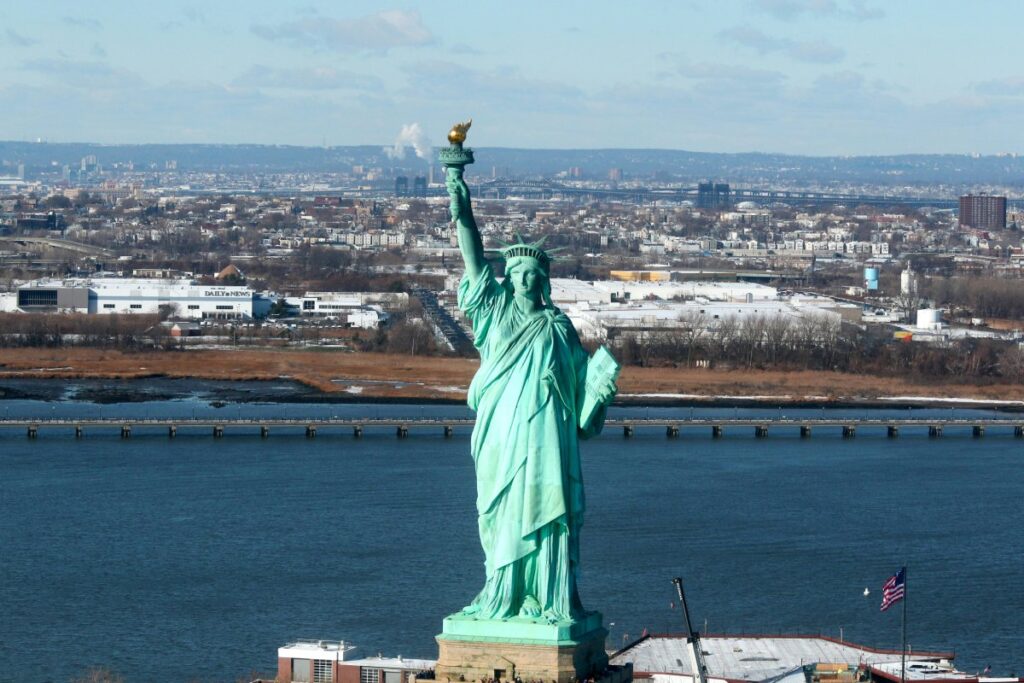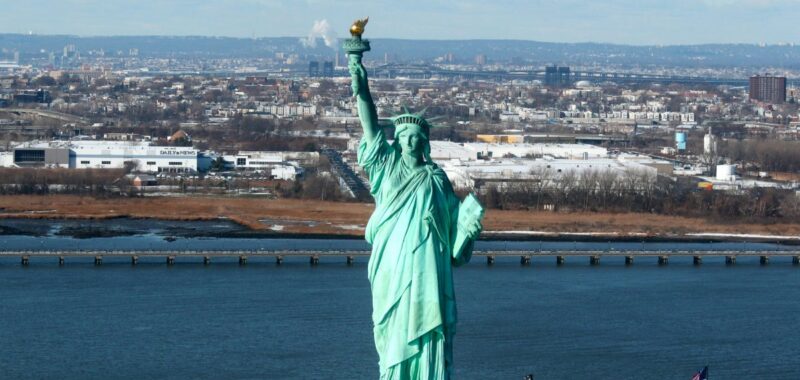
Consider it the first sign that there might be a change to New York City’s Local Law 18, which banned many short-term rentals in September 2023.
Several city council members introduced a bill that would extend short-term rental hosting in a variety of ways to owners of one- and two-family homes. They are currently prohibited from offering up their properties for fewer than 30 days.
The bill, No. 1107, would:
- Enable these homeowners to rent their properties for one night or longer;
- They would no longer have to be present during the guests’ stay;
- They could accommodate up to four adults (up from the current two) plus their children;
- They could have locks on bedroom doors. Guests would no longer have the run of the house because of the prohibition of indoor locks;
- Their homes would have to be registered with the city. Currently, hosts offering stays of 30 days or longer don’t have to register.
Support For the Bill
A spokesperson for Airbnb, which lost the vast majority of its listings in New York City when Local Law 18 went into effect last year, welcomed the bill’s introduction.
“The proposed updates to New York’s short-term rental law are a positive step toward helping homeowners earn extra income when they are out of town, and making the city more accessible to travelers,” the Airbnb spokesperson said in a statement. “Local Law 18 severely limits New Yorkers’ ability to use their own homes to make ends meet, driving gentrification and making it harder for families— especially in the outer boroughs — to afford their mortgages. We are committed to working with all stakeholders as this bill progresses.”
Restore Homeowners Autonomy & Rights (RHOAR), a group of several hundred homeowners that has been pushing for changes to Local Law 18, issued a statement citing the “devastating financial consequences” it has had on homeowners and applauding Bill 1107.
The bill also picked up the endorsement of the head of the Brooklyn Chamber of Commerce, who said it would open up tourism once again to the outer boroughs of the city.
RHOAR has been working with city council members to create a carve out for homeowners, RHOAR member Margenett Moore-Roberts told Skift Monday. She added that stakeholders sought a year’s worth of data on Local Law 18 before entertaining changes to the law.
“We do not want to reactivate the bad actors,” Moore-Roberts said, referring to absentee hosts and illegal hotels. “That is not our objective.”
If the city hoped Local Law 18 would help ease the affordable housing crunch in the Big Apple, that hasn’t happened, Moore-Roberts said, adding that rental occupancy rates stayed around the same, while rents in the city soared.
The New York Times reported Sunday that hotel rates in the city averaged $417 per night in September, a record monthly high, according to CoStar. Some tourists have had to mothball hoped-for trips to New York City altogether while others had to opt for short-term rental or hotel stays in the suburbs.
Deliberations about Bill 1107 are expected to be protracted, and amendments are likely. The hotel industry is expected to fight the changes.
Vijay Dandapani, who heads the Hotel Association of New York City, said the bill would worsen the affordable housing situation and provide an opening to real estate speculators.
“The bill purports to help financially strapped owners of one and two family homes but allows them to be used as de-facto hotels as there is no requirement for owners to be present when they are rented on a transient basis,” Dandapani said. “Besides resulting in commercial operators buying up these homes to take advantage of the regulatory and financial arbitrage offered by these buildings, it will further exacerbate New York City’s housing crisis.”
You can view RHOAR’s Margenett Moore-Roberts at the Skift Short-Term Rental Summit 2024 discussing the impact of Local Law 18 on owners of one- or two-family homes.
Note: We updated this story to add comments from the head of the Hotel Association of New York City

